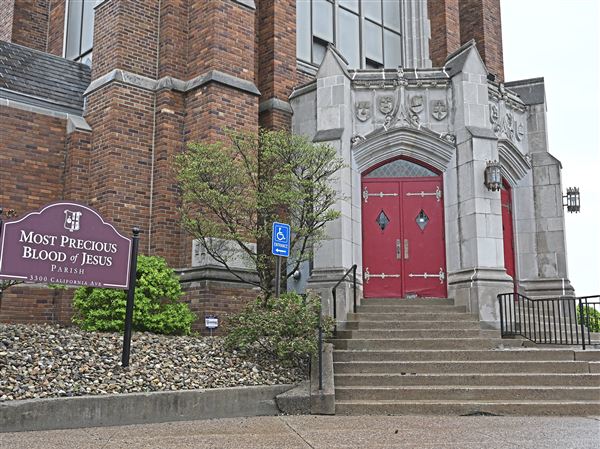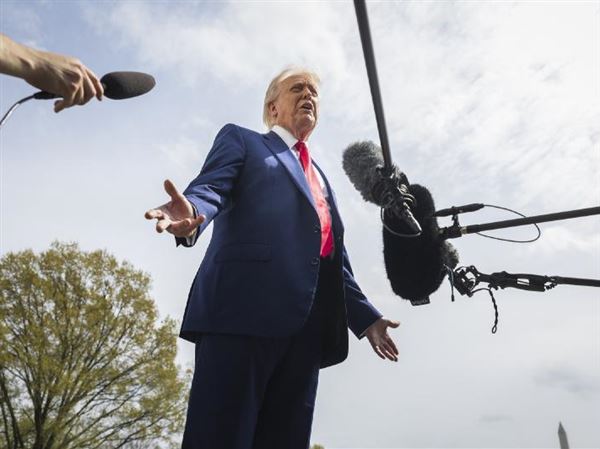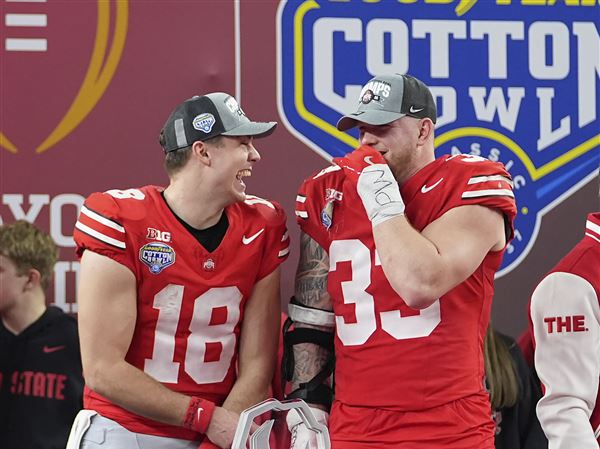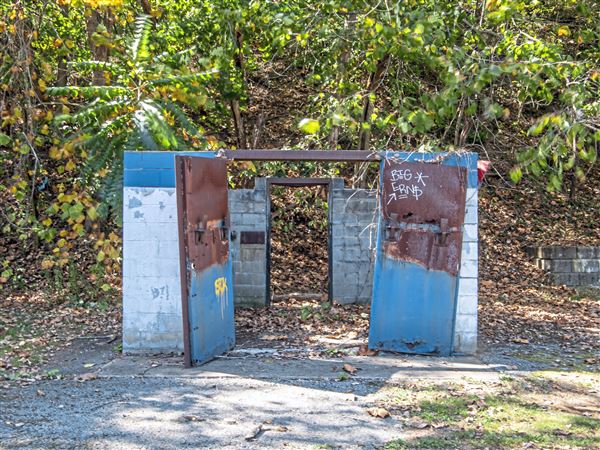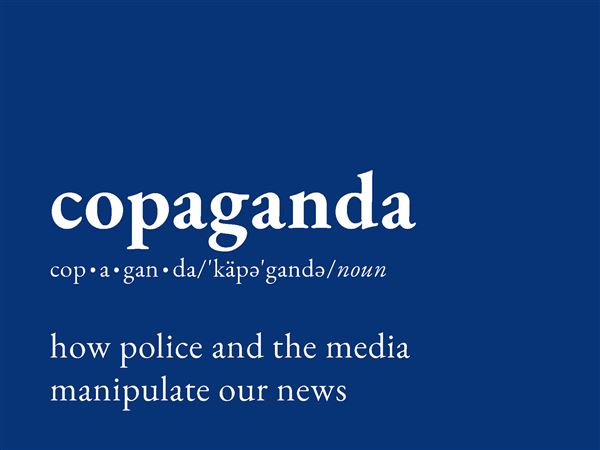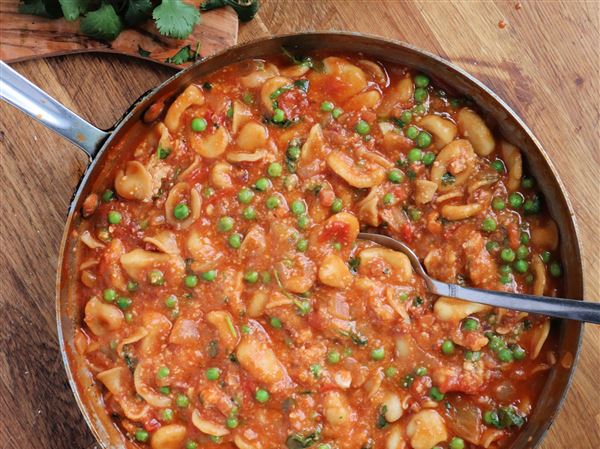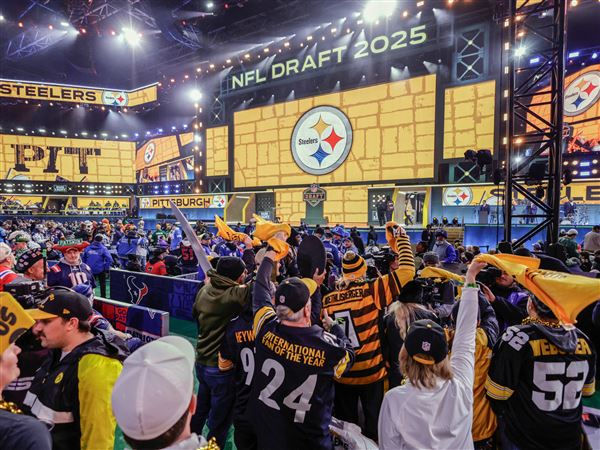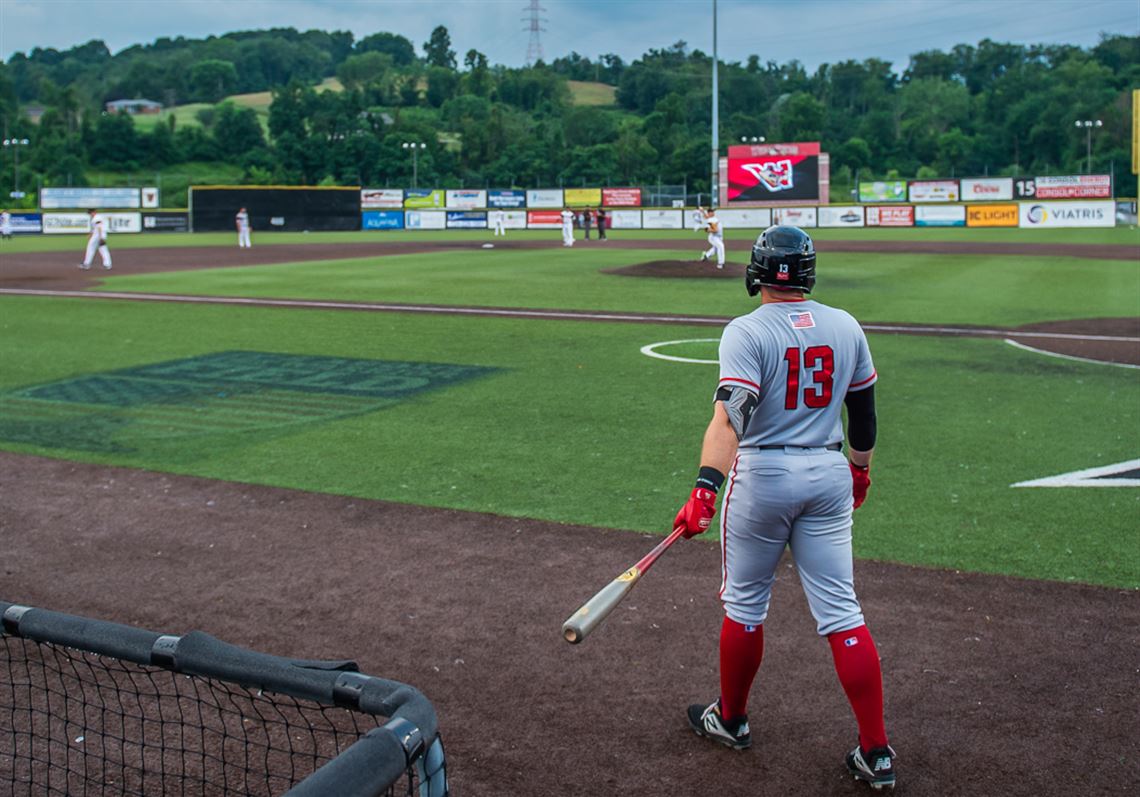WASHINGTON — The teams are spread across the country, playing in ballfields tucked into midsize cities and small towns.
They beckon legions of fans with fireworks nights, dollar dog deals and locally conceived mascots like the Isotopes, Tourists, Rumble Ponies, Sod Poodles, Sea Unicorns, Trash Pandas, and, yes, the Wild Things.
In the nation’s capital, minor league baseball has built the kind of serious political clout carried into Congress by auto manufacturers or Big Pharma, uniting Democrats and Republicans along the way. In November, D.C. politicians applauded a deal that allowed six minor league teams in Pennsylvania, Maryland, Ohio, New Jersey and West Virginia to avoid cuts contemplated by Major League Baseball.
Now, minor league owners are sounding the alarm on Capitol Hill once again, highlighting the COVID-19 pandemic’s financial devastation throughout MLB’s extensive farm system. They are asking for direct federal relief after its entire 2020 season was canceled and as it faces 2021 revenue that stands at about half its typical level.
“We’re trying to plot the future — and whether there is a future and whether there is a recovery from this,” Stu Williams, an owner of the Washington Wild Things, said in a phone interview last week.
“When a season gets canceled, it isn’t just: ‘Oh well, we’re not going to do it this year,’ ” Mr. Williams said. “You still have incredible costs associated with maintaining your facility, you’ve got rosters to think about and what people are going to do, and you’ve got your employees.”
On June 24, a bipartisan group of lawmakers in the House and Senate introduced the Minor League Baseball Relief Act, which would direct already appropriated but unspent COVID-19 relief funds to the teams.
The legislation would open up a total of $550 million to assist with payroll costs and regular business expenses, as well as health and safety protection for workers.
The grants would be equal to 45% of 2019 gross revenues and capped at $10 million, according to a bill summary. Clubs would have the chance to receive a second grant, at half the amount of the first one, if a club’s revenue does not recover.
Proponents of the measure are pressing for all 160 minor league teams that existed in March 2020 to be eligible for the funding, with a carve-out for the several professional baseball teams, like the Wild Things, that are independent of MLB.
The bill was introduced by U.S. Sens. Marsha Blackburn, R-Tenn.; Richard Blumenthal, D-Conn.; Mark Warner, D-Va.; and Tim Kaine, D-Va., who were joined by U.S. Reps. Doris Matsui, D-Calif., and David McKinley, R-W.Va., in the House.
“Minor League Baseball is a point of pride to hundreds of small cities and towns across the country,” Mr. McKinley said in a statement. (He was unavailable for an interview last week.) “Like many other small businesses in other industries, minor league clubs are struggling from the economic impact of the pandemic.”
To press lawmakers on the cause, minor league owners hired influential Washington lobbying firm Akin, Gump, Strauss, Hauer & Feld, according to a lobbying disclosure filing.
The filing showed the firm assigned a four-member team of lobbyists with decades of experience working in both parties — including a former legislative affairs official for the Obama White House and former policy adviser for former Republican House Speaker Paul Ryan.
Greg Rosenbaum, a politically connected financier and co-owner of the Dayton Dragons, a Single-A affiliate of the Cincinnati Reds, is spearheading the effort that spans virtually all minor league owners. He is also a minority owner of the Mahoning Valley Scrappers, one of the six teams that avoided cuts last year.
The pitch to lawmakers, team owners said, is that professional baseball — even on the smallest scale — not only nurtures local economies, but provides Americans a crucial source of entertainment and joy as they cautiously return to crowded events. The amount of money is — relatively speaking — a drop in the bucket compared with the trillions of dollars in pandemic relief that already have been passed.
“Baseball knows no political party,” Mr. Rosenbaum said in an interview. “We’re starting to gain some traction.”
It’s a family affair
For more than a century, the minor leagues have groomed players for major league starting lineups while offering most Americans a place to catch a game. Each of the 30 big league teams is currently affiliated with four tiers of teams — from Low-A to Triple-A — bringing the total MLB team-affiliated minor league teams to 120.
There are also professional baseball teams unaffiliated with MLB, such as the Wild Things, who are part of the independent Frontier League.
The boldness of asking for direct federal relief is a good bet that the politics of minor league baseball transcends today’s partisan differences, said John Affleck, the Knight Chair in Sports Journalism and Society at Penn State University.
“Why the minor leagues? Because the minor leagues are fun,” Mr. Affleck said in a phone call as he was taking a bicycling trip between big league baseball games in Pittsburgh and Cleveland.
It’s a family affair: The kids often get to run the bases, meet the players, participate in silly contests between innings, and mess around with the outlandish mascots, Mr. Affleck said. And fans like rooting for the underdog, cheering on players who are striving to make it to the majors.
“It’s a cherished thing in communities that don’t necessarily have a ton of sports otherwise, so it becomes a little bit outsized in terms of how much people care about it,” Mr. Affleck said. “So it makes good political sense to help them survive.”
Before the pandemic, minor league baseball drew more than 40 million fans per season, with more than four in five Americans living in a market with at least one minor league club, according to statistics on MinorLeagueBaseballRelief.com, a lobbying website set up in May by minor league team owners.
In 2019, the total price for a family of four for tickets, parking and a full meal was $69, the owners estimated.
The owners are now calling upon their fans to show their team spirit. The website displayed a map of dozens of teams across the country, organized by state, urging fans to contact their team’s two senators and congressional representative.
Flyers distributed to fans at games have QR codes that automatically generate letters to their members of Congress, Mr. Rosenbaum said.
‘The hardest year’
The advocacy comes after minor league teams missed out on several rounds of COVID-19 relief despite revenue falling off a cliff, team owners said. Minor league baseball, unlike other sports leagues that played modified versions of their 2020 season, canceled all of its games.
As a result, teams lost virtually all their revenue while covering all of the regular costs of payroll, maintenance and inventory. The pandemic hit just after teams fully invested in the 2020 season, purchasing all of the supplies and giveaways and hiring staff, which are usually done during the winter months, they said.
The Scrappers, who play in Niles, Ohio, near Youngstown, lost 95% of their revenue in 2020 and were forced to lay off longtime staff, said Jordan Taylor, the team’s general manager.
“It was the hardest year — I’ve been in the business 20 years, and I’ve never seen anything like that,” Mr. Taylor said. “It’s going to take years before we get back to an even footing.”
Early in the pandemic, team owners began asking for loan money that could keep the lights on and eventually be paid back, said Mr. Rosenbaum, who has close connections to the Democratic Party.
But the owners were crowded out by other interests, as lawmakers raced to cobble together economic aid bills and fielded nonstop calls from swarming lobbyists, he said.
Many minor league teams were ineligible for Paycheck Protection Program loans because they were owned by larger companies. For those who did qualify, the short-term funding barely made a difference after the canceled season.
Bureaucratic rulings prohibited minor league teams from accessing Shuttered Venue Operator Grants, a $15 billion program established in December and earmarked for concert venues and movie theaters.
And the American Rescue Plan, President Joe Biden’s $1.9 trillion COVID-19 relief package passed in March, moved too fast for owners to even get their foot in the door, Mr. Rosenbaum said.
MLB’s messy reorganization of its relationship with the minor leagues last year also complicated the lobbying effort. MLB ended up cutting a quarter of its team-affiliated minor league teams, a move to cut costs.
The dispute’s silver lining for the minor leagues, perhaps, was that it already had rallied members of Congress to the leagues’ defense. MLB’s proposal was a “bipartisan offense,” Mr. Rosenbaum said, as the teams on the chopping block would have affected “the blue Northeast to the blue Northwest, hollowing out the red Upper Plains states at the same time.”
MLB ultimately worked out a deal in November to keep the Scrappers in operation by creating, along with Prep Baseball Report, a scouting service, a six-team league that would field draft-eligible prospects.
The league includes the West Virginia Black Bears, who play near Morgantown, the State College Spikes, the Williamsport Crosscutters, the Frederick (Md.) Keys and the Trenton (N.J.) Thunder.
A statement issued by U.S. Sen. Sherrod Brown, D-Ohio, and Ohio Gov. Mike DeWine, a Republican, and others celebrated their role in the deal.
“So many of us have fought hard to protect the Mahoning Valley Scrappers because the team represents so much of what makes the Valley great — grit, determination and the ability to overcome adversity no matter the odds,” Mr. Brown said. “I’m glad that MLB listened.”
Now, it’s a question of whether lawmakers, distracted by political fights over things like infrastructure, immigration, climate change and health care drug prices, can keep their eye on the ball.
“The pandemic was horrible for many, many, many businesses and many, many, many businesses received assistance that minor league baseball is hoping to get,” said Mr. Williams, the Wild Things owner.
“We are hoping that our industry is viewed as part of the fabric of a community and that we will be given the assistance we need to encourage a recovery from the devastation,” he said.
Daniel Moore: dmoore@post-gazette.com, Twitter @PGdanielmoore
First Published: July 11, 2021, 4:00 a.m.
